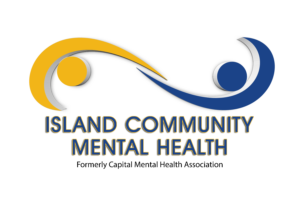The Labeling Paradox -Stigma, the Sick Role, and Social Networks in Mental Illness
Brea L. Perry1
1University of Kentucky, Lexington, KY, USA
Brea L. Perry, University of Kentucky, 1515 Patterson Office Tower, Lexington, KY 40506, USA E-mail: breaperry@uky.edu
Abstract
Although research supports the stigma and labeling perspective, empirical evidence also indicates that a social safety net remains intact for those with mental illness, recalling the classic “sick role” concept. Here, insights from social networks theory are offered as explanation for these discrepant findings. Using data from individuals experiencing their first contact with the mental health treatment system, the effects of diagnosis and symptoms on social networks and stigma experiences are examined. The findings suggest that relative to those with less severe affective disorders, individuals with severe diagnoses and more visible symptoms of mental illness have larger, more broadly functional networks, as well as more supporters who are aware of and sympathetic toward the illness situation. However, those with more severe diagnoses are also vulnerable to rejection and discrimination by acquaintances and strangers. These findings suggest that being formally labeled with a mental illness may present a paradox, simultaneously initiating beneficial social processes within core networks and detrimental ones among peripheral ties.
To read more, click here.





